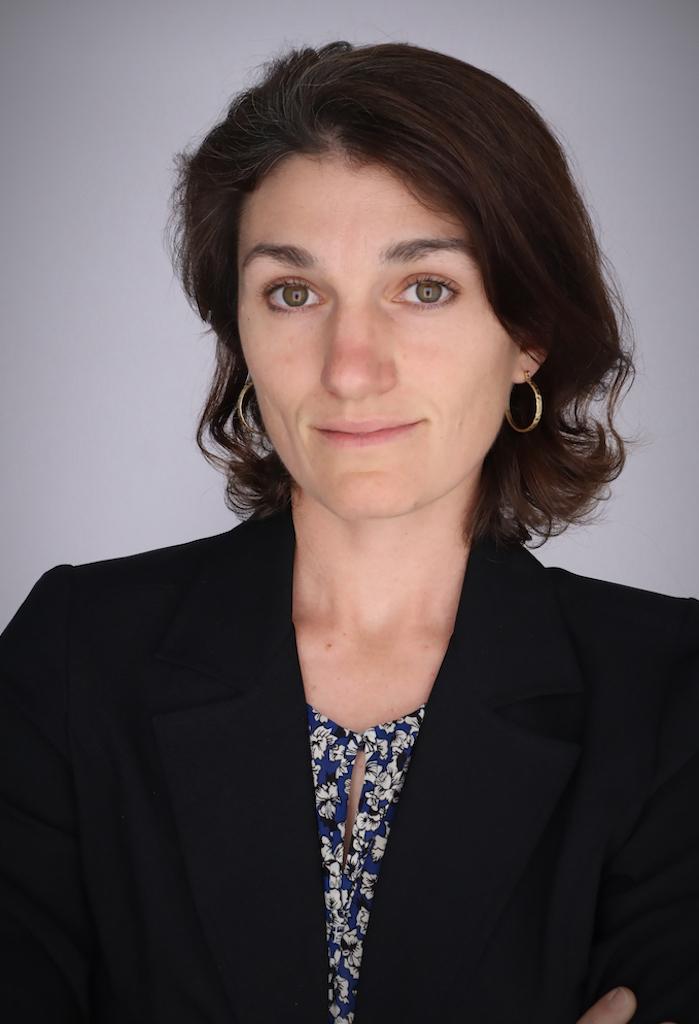Rachel Carlson is an interdisciplinary coastal ecologist who studies the effects of climate change on nearshore organisms and human livelihoods. She combines approaches from marine spatial ecology (geospatial science, remote sensing) and ocean governance to identify just and equitable strategies for increasing coastal resilience under climate change. Dr. Carlson's research group, the Coastal Climate Resilience lab, addresses topics including coastal microclimates and refugia under climate change, marine spatial planning to protect nearshore ecosysems, land-sea ecosystem connectivity, and policy interventions to support species restoration and coastal livelihoods. Prior to joining Berkeley, she earned a PhD at Stanford University where she conducted research on coral resilience to heatwaves in Hawaiʻi, and was a Chancellor’s Postdoctoral Fellow at Bodega Marine Lab where she assessed vulnerability in U.S West Coast fisheries to ocean acidification. Dr. Carlson is active in environmental policymaking and has worked with government agencies in Sénégal, Ireland (European Union), the Northern Mariana Islands, and communities across the United States. She served as an Environmental Protection Specialist at the US EPA in Washington, DC where she earned a Gold Medal for Exceptional Service and led multi-agency partnerships to combat flood risk, pollution in freshwater, and harmful algal blooms. She is the co-Director of the Berkeley Center for Ocean Futures (BeCOF), a research collaborative that aims to advance place-based ocean solutions in the San Francisco Bay Area and globally. Dr. Carlson is an advocate for community-engaged research and believes that research has a responsibility to address societal needs.


